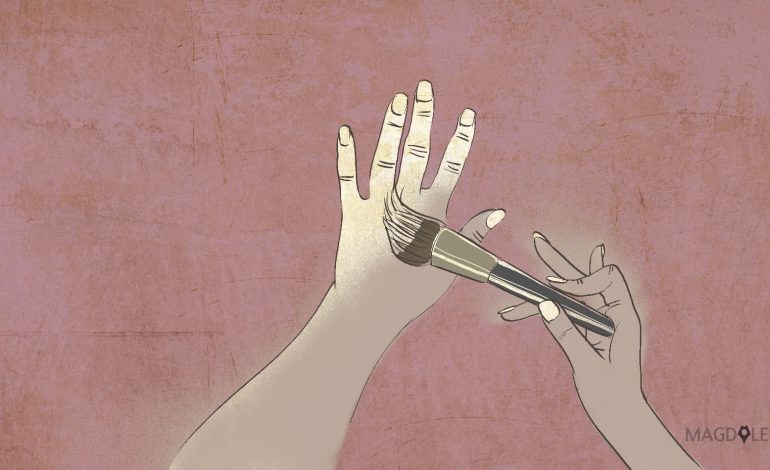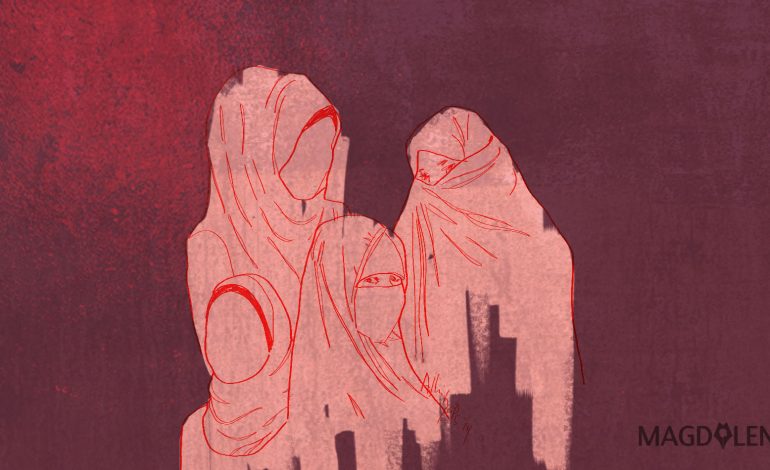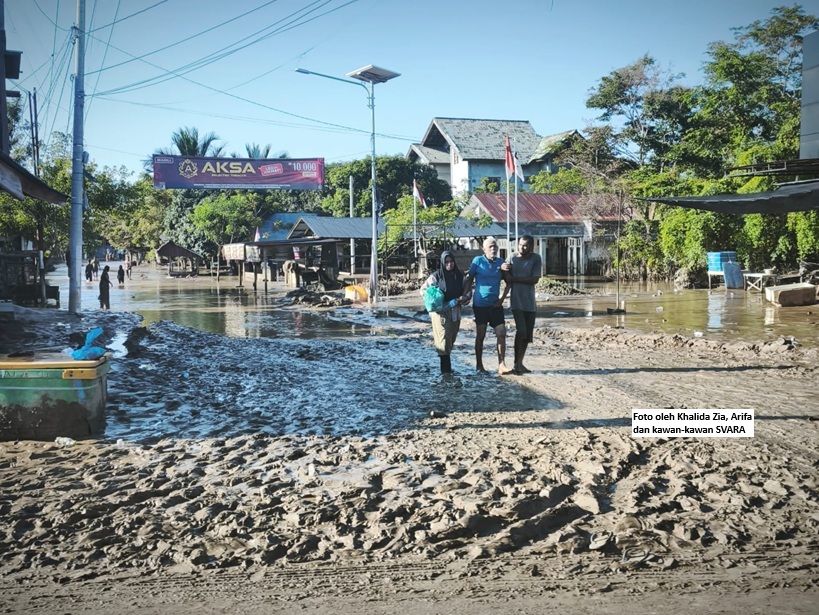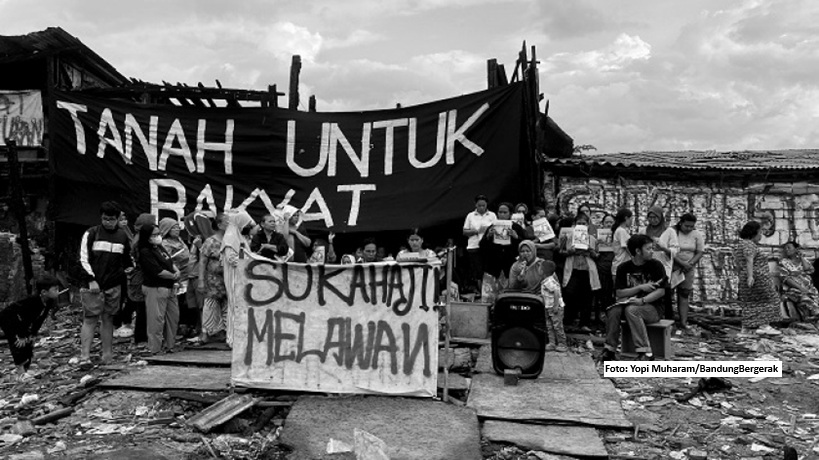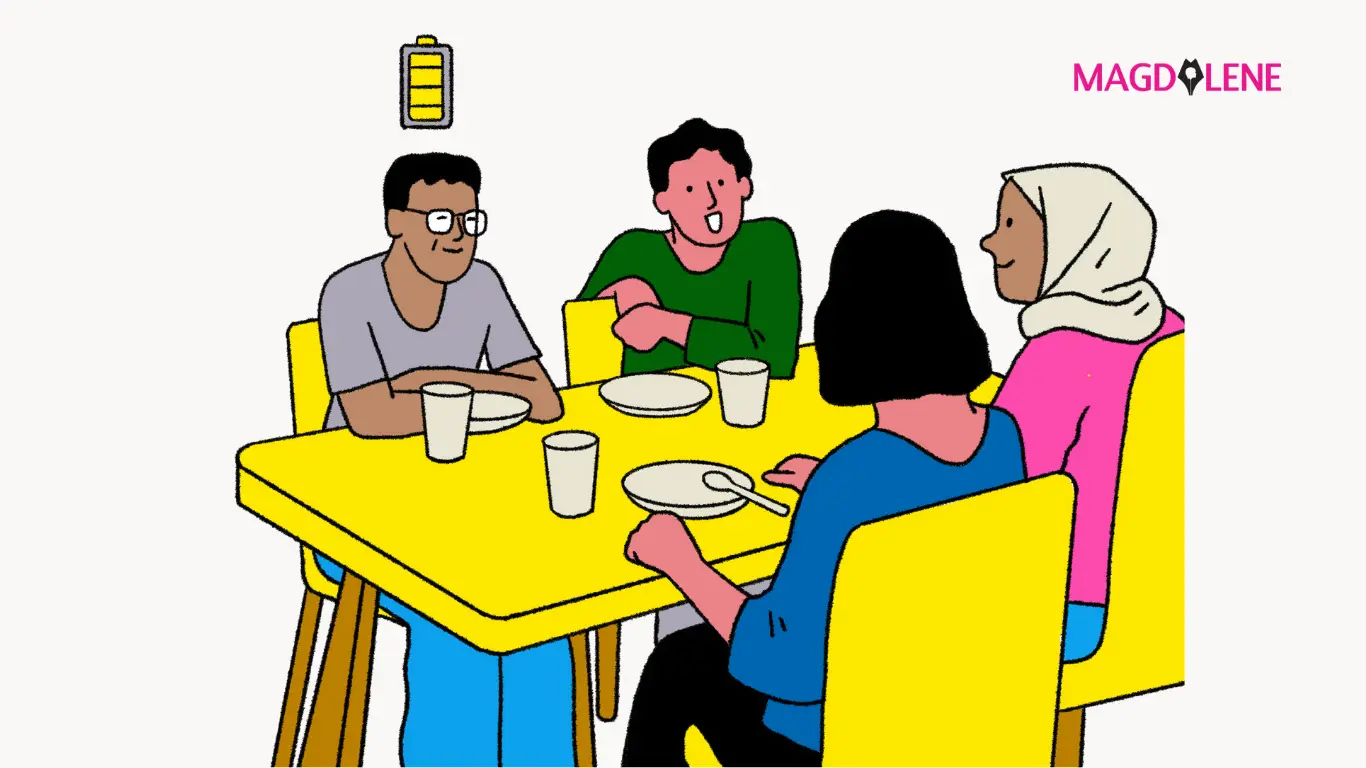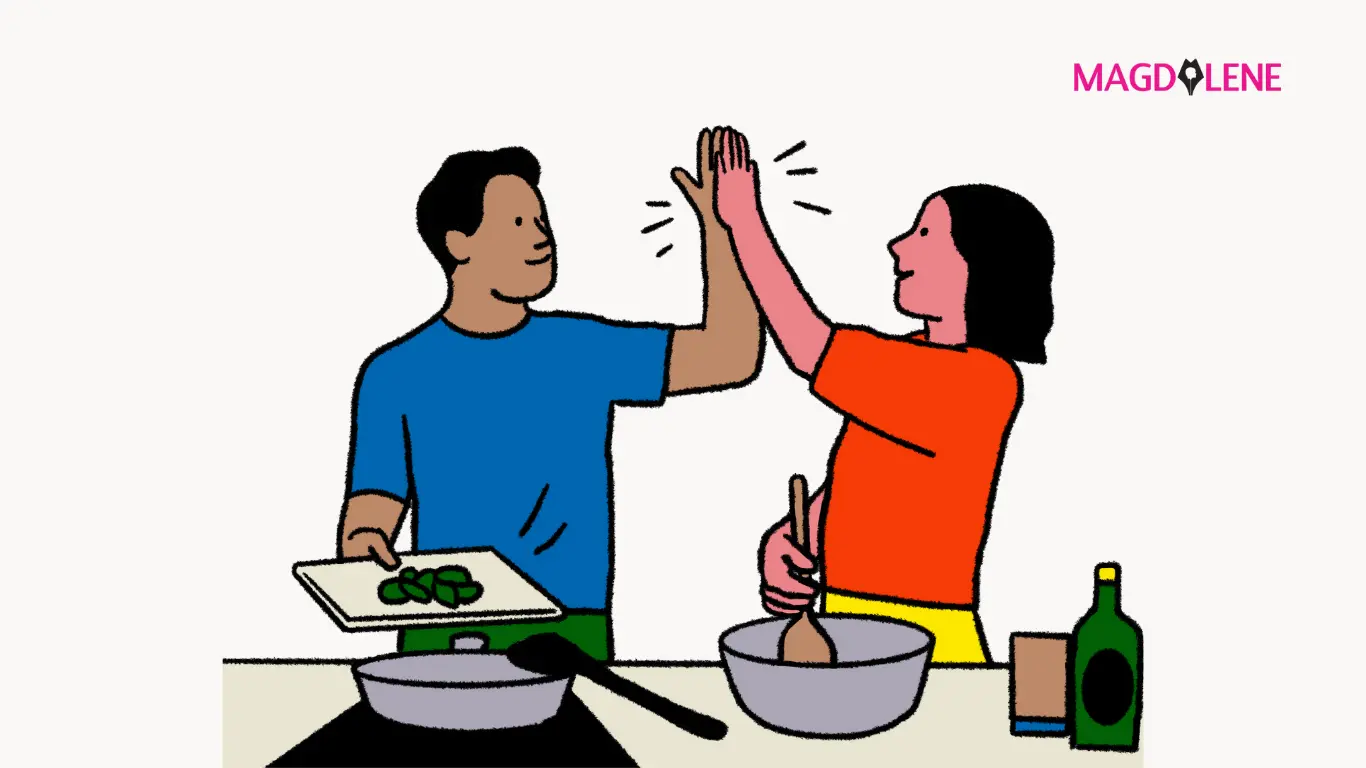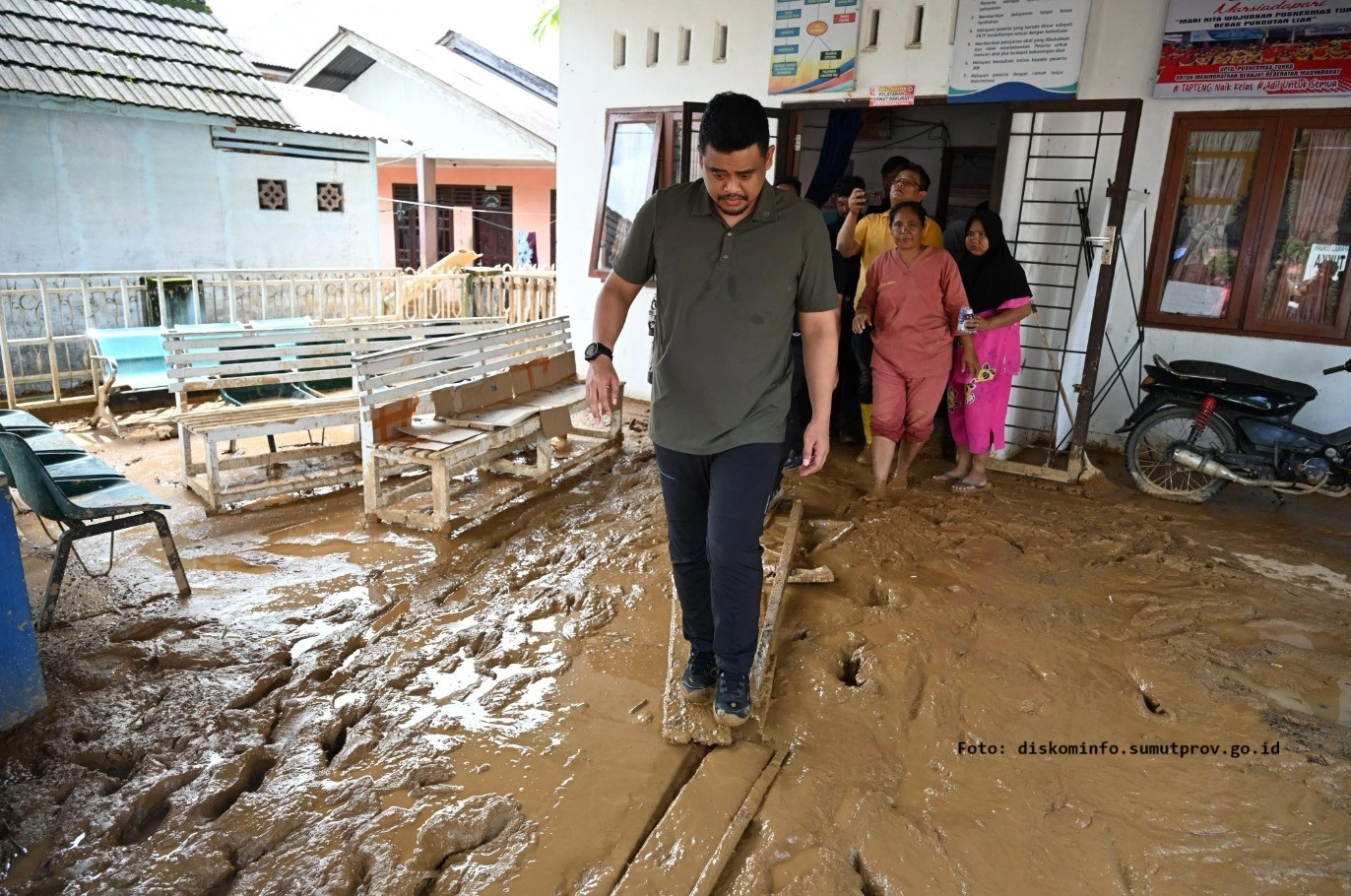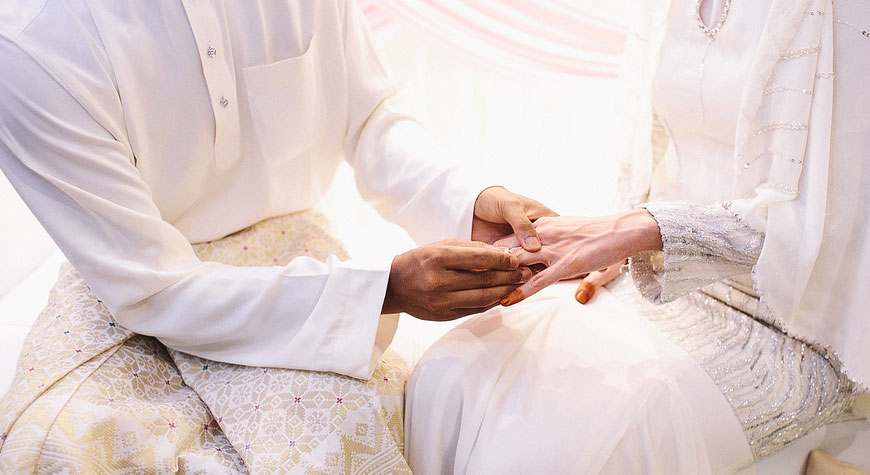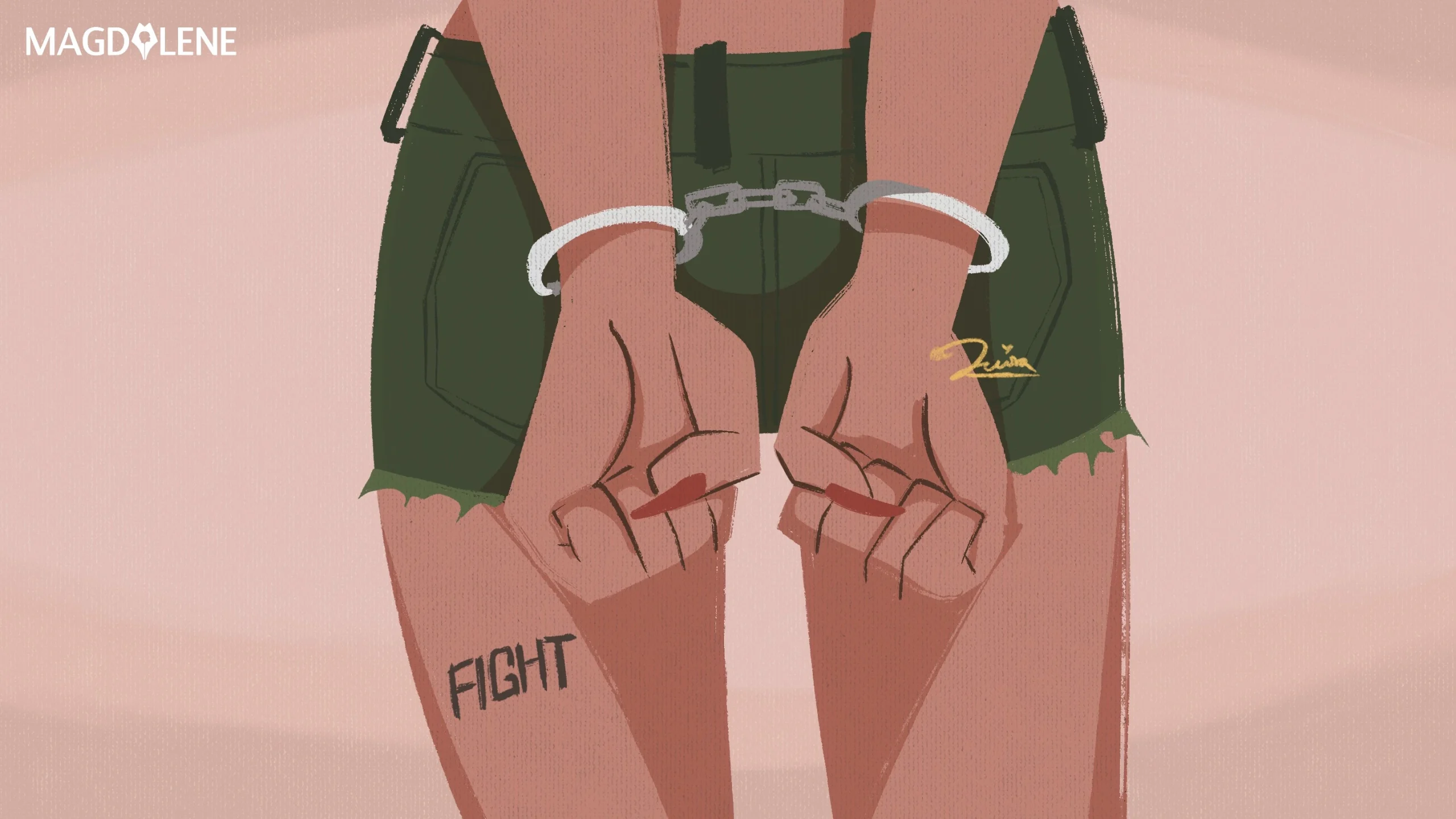More Efforts Needed to Improve Gender Equality in Indonesia
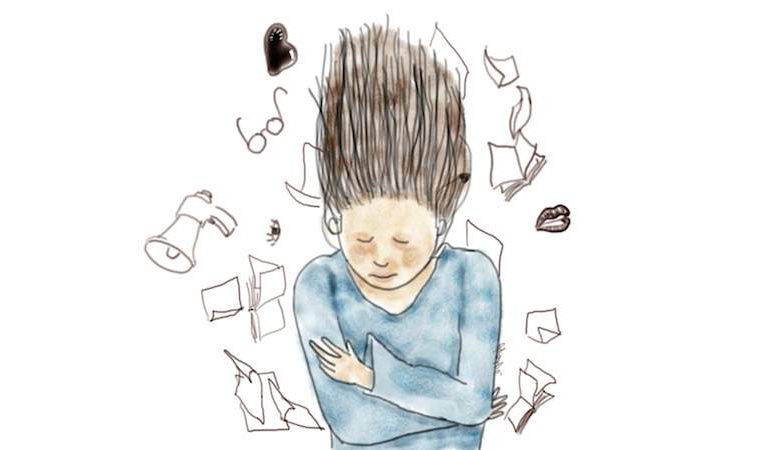
This year’s International Women’s Day focuses on the need to champion gender parity across the globe, a highly pertinent call for Indonesia. Gender inequality presents in many forms in the country, from unequal access to basic services like education, health and legal protection; lesser pay for female workers; the prevalence of violence against women; to discriminative laws and traditions.
In addition, national development has not addressed the basic problems of economic inequities. The current economic system only benefits less than 10 percent of Indonesians,
leaving 205 million people vulnerable. Poverty affects women and children the most. Lack of access to quality health service, for example, is
the reason behind the high maternal and post-natal mortality rates in Indonesia. The poorer the women, the more likely they are vulnerable to violence, whether at home or in their community, including being trafficked.
Traditions such as child marriage are still culturally accepted and rampant in the country (nearly 50 percent of marriages involve underage girls), and the practice of female genital mutilation in Indonesia is the highest in the world outside of African countries, according to data from UNICEF and UNFPA.
Despite a 30 percent quota on female legislative candidates in the election, women’s representation in politics remains underwhelming, making it hard to push for policies that champion equality or fight laws that are discriminative against women.
In a public statement, the Women’s Movement Against Inequality said the Indonesian government has failed to protect women, showing a number of crucial bills that have not been prioritized in Parliament. These include bills on people with disabilities, protection for fisher people (who are among the most economically vulnerable communities in Indonesia), domestic workers, sexual violence, and gender equality and justice. There have also been no efforts to amend marriage law to increase legal protection to women.
The Movement listed four demands to the government:
- That the government and Parliament end all forms of inequality that cause violence and discrimination against women in Indonesia.
- That the government and Parliament support Sustainable Development Goals to end inequality, leaving no person behind.
- That the government and Parliament provide access to women and end inequality in all fields.
- That the government and Parliament protect freedom of expression, and opinion, and protect followers of all religions and faiths, as well as gender and sexual-orientation-based communities, and all women of Indonesia.
Violence against Women on the Rise
Meanwhile, the National Commission on Violence against Women (Komnas Perempuan) found an alarming increase of violence against women in 2015 and called on the government to address the problem strategically.
In its 2015 Annual Finding, Komnas Perempuan recorded 321,752 cases of violence against women in Indonesia. These were cases that were reported to the Commission and its partnering organizations, or to the Religious Court.
The rise means there is more public awareness that encouraged women to report their abuses. But because of the personal nature of violence against women, the finding is only indicative of a much larger reality.
“Compared to other types of violence, women victims of violence are often still stigmatized, and they fear being blamed or having to go through a hard and complicated legal process. That is why many women don’t report their cases. Or even if they do, they end up not pursuing legal course,” Komnas Perempuan Commissioner Indraswari said.
The Commission divides violence against women into three categories based on their settings: in domestic setting, in the community and by the state.
Said Indraswari: “In all the settings, women victims are not getting justice, with the perpetrators tend to enjoy impunity. There is an urgency to address the problem of sexual violence.”
Domestic violence, which is perpetrated by parents, siblings, relatives, husbands or intimate partners, still make up the highest proportion of abuses at 69 percent. About 60 percent of the cases are violence against wives, followed by violence against girlfriends at nearly a fourth of the cases.
Sexual violence increased in proportion from the third-most type of violence in 2014, to second-most, with rapes making up nearly three-fourth of the cases, followed by sexual molestation and abuse. Women’s level of education does not affect their chances of being abused, but financial dependence on their partners are often the main cause of women staying in abusive marriages or relationships.
Komnas Chairwoman Yuniyanti Chuzaifah said divorce is often the only way a woman escape an abusive marriage, but this often ends in impunity to the abusers. Data from Religious Court shows that 70 percent of divorce cases were filed by women last year, and based on the reasons cited, there is high possibility that they were caused by abuses.
Last year there was an increase in the number of abuses against women in the community setting, with sexual violence being the highest at 61 percent. Religious intolerance in the forms of persecution of minority groups like the Ahmadis and Shiites also often end with women and children suffering the most. Commissioner Mariana Amiruddin said local bylaws that discriminate against women are also another form of violence.
State-sponsored violence are those that are done by state apparatus within their professional capacity, including in violence that occur in public space in which state officials or police officers do not do anything.
Said Komnas Chairwoman Yuniyanti Chuzaifah: “Violence against women intensified in number, forms and settings, and this is a wake up call for the government do all it can to stop this problem.”
The commission pushes the government to integrate efforts to prevent and address violence against women into its programs and policies, and to mainstream the perspective of gender equality into its policies as well as the rank of officials.
Komnas perempuan also called on the prioritization of new bills including ones on sexual violence and the protection of domestic workers and migrant workers; and to revise the Criminal Law and Criminal Law Procedures Code, as well Human Rights Law – all to ensure better protection for women.
Other asks include:
- For the government to multiply community-based initiatives on the prevention and handling of violence against women, and provide access to basic services to vulnerable women in remote or conflict areas
- For the government to rescind religious-based local bylaws that discriminate against women and/or limit their mobility and rights to express
- For the government to prohibit schools from expelling pregnant students
- For the government to stop the practice of child marriage and require girls to continue education to prevent them from entering into underage marriage
- For the police and the justice system strengthen legal service and access to justice for women victims of violence
- For religious organizations to promote non-violence theology.
Read Devi’s piece on ending gender-based violence by working with the religious community and follow @dasmaran on Twitter.

